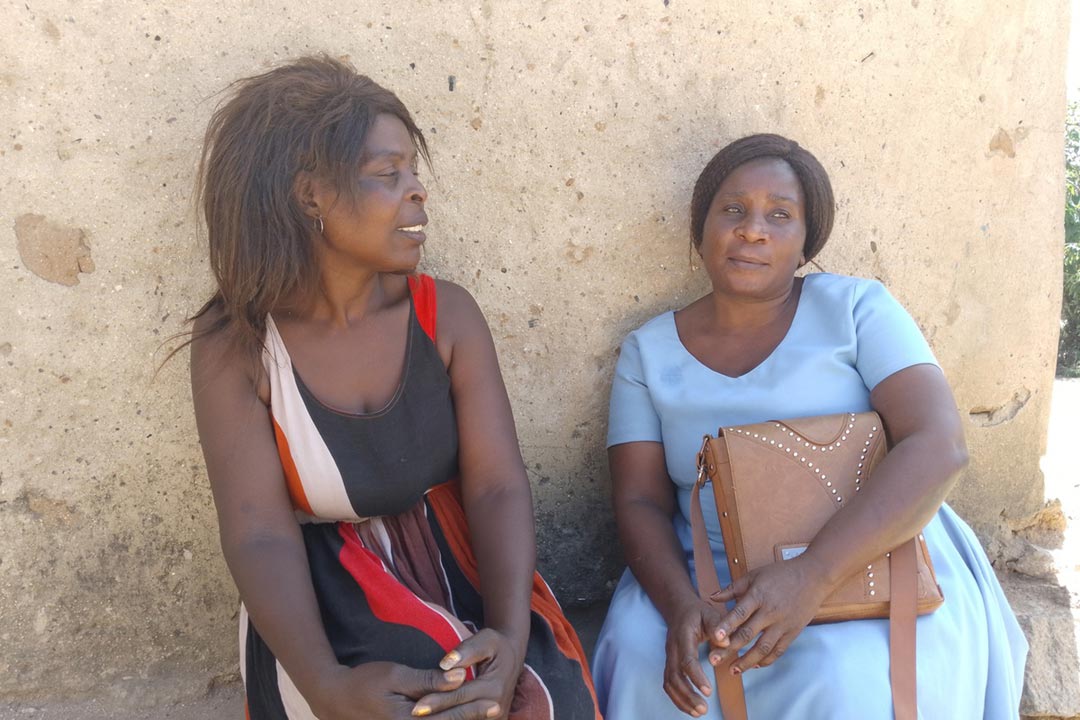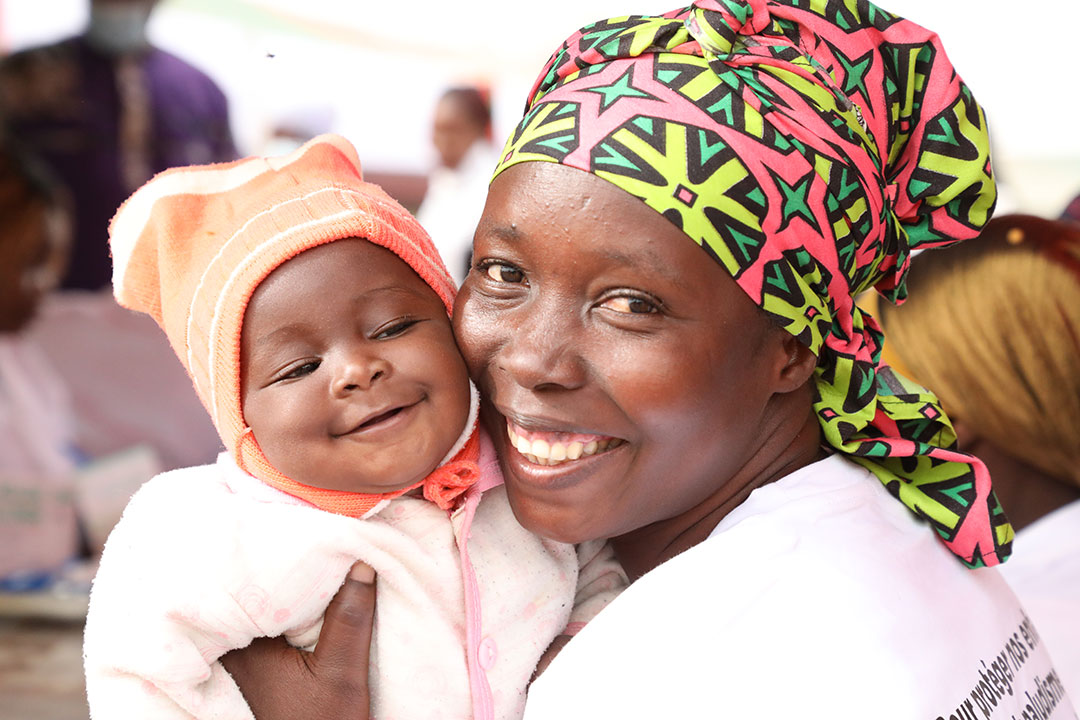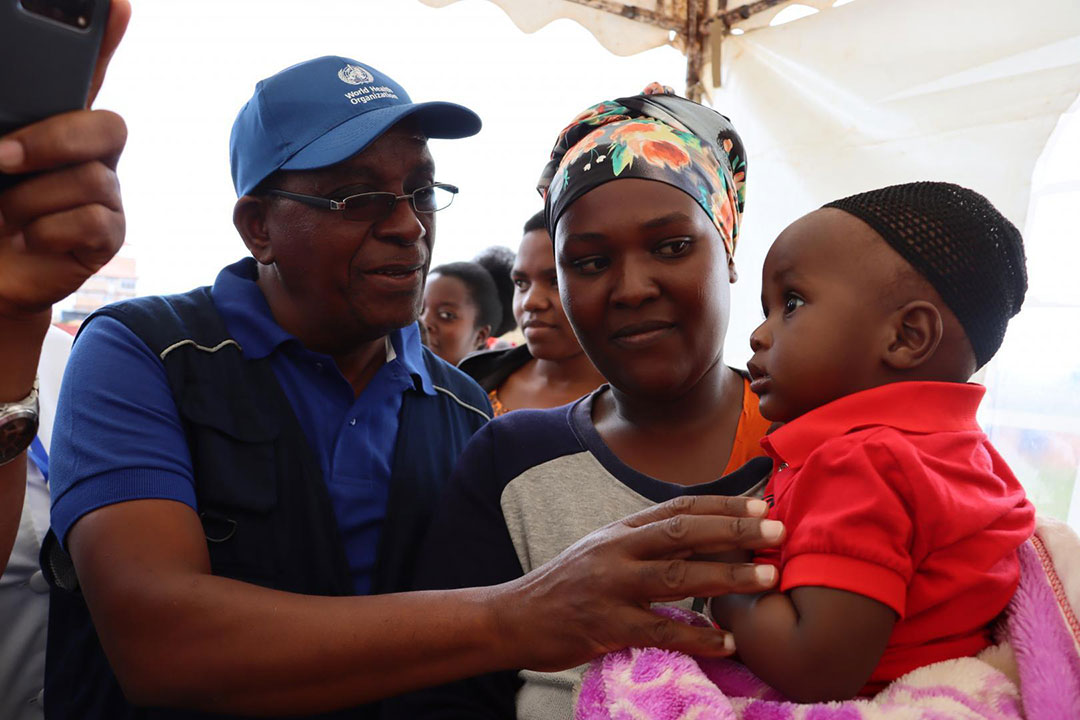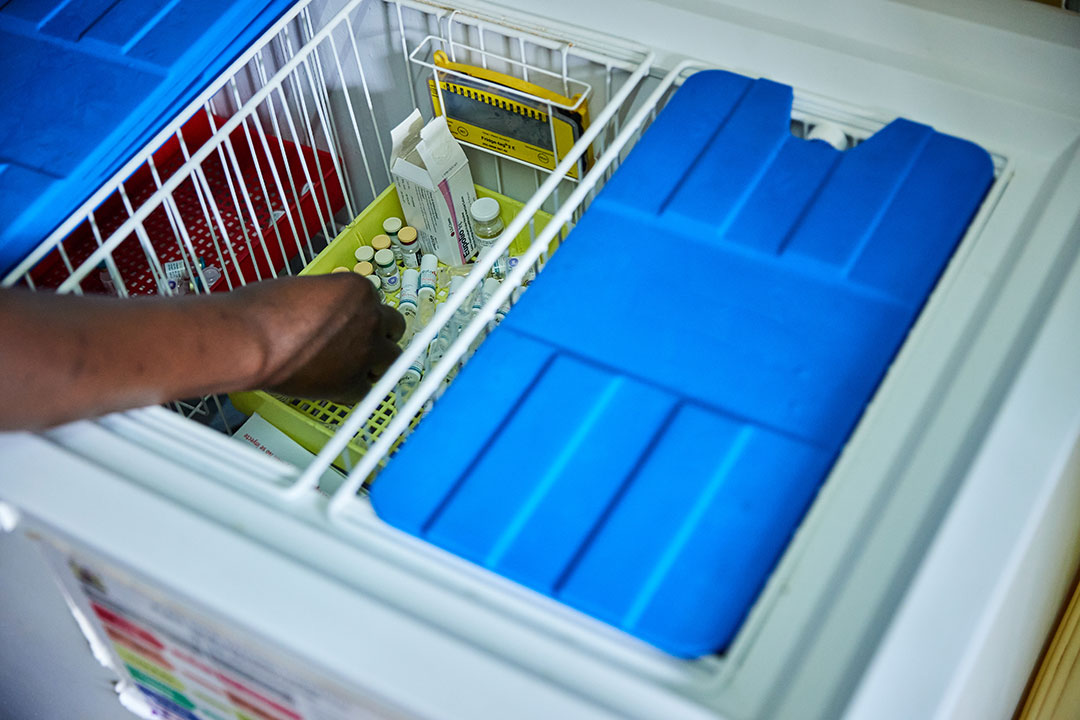How are Gavi-supported countries maintaining routine immunisation during the pandemic?
A spotlight on Ethiopia, India, the Solomon Islands and Zambia
Governments have had to act fast to not only protect their people against COVID-19 but also to ensure protective measures like vaccination against other infectious diseases could continue.
- 24 July 2020
- 5 min read
- by Gavi Staff

Since the pandemic began, there have been growing concerns about the negative impacts caused by the halting of routine immunisation services in response to the crisis, fears that have been echoed by global health stakeholders. The World Health Organization (WHO), UNICEF and Gavi warn that not only could 80 million children miss out on vaccines but that the risk of other infectious disease outbreaks may rise. So what have Gavi-supported countries done to find a middle ground between maintaining routine vaccination efforts and curbing the spread of COVID-19?
In 70 of 73 Gavi-eligible countries more than 1.8 million COVID-19 cases have been reported. Vaccine shipment delays and stockouts, delayed vaccine introductions and lockdown measures have all slowed or paused routine immunisation services. To monitor the impact of COVID-19 on essential health services for women, children and adolescents, The World Bank’s Global Financing Facility conducted a survey with local staff in 36 countries. The findings showed that over 80% of country representatives reported that so far, fears about infection or coronavirus lockdown measures, had led to disruptions to health workforces.
Similarly, to limit health workers and patient’s exposure to COVID-19, many countries delayed vaccine introductions. Of 68 Gavi-supported vaccine introductions which were planned to take place, 39 have been confirmed as delayed. However, according to a risk-benefit analysis published in The Lancet, the advantages of sustaining childhood immunisation visits outweigh the risks of exposure to COVID-19 during clinic visits. The analysis states that, “for every additional COVID-19 death that might be associated with exposure to the virus during routine clinic visits in Africa, an additional 84 deaths in children before five years of age could be prevented by continuing with routine vaccinations.”
Limited supply of personal protective equipment (PPE) for health workers has been another challenge throughout the pandemic. To address this in Gavi-supported countries, Gavi and UNICEF Supply Division signed an agreement on behalf of countries to pre-finance US$ 40 million to facilitate the procurement of PPE and diagnostics in mid-April. UNICEF has now confirmed that PPE orders are either finalised or in progress for Benin, Chad, Comoros, Democratic Republic of the Congo, Ethiopia, Malawi, Mali, Mozambique, Nigeria, Pakistan, Sao Tome and Principe, Sudan, Togo, Uganda, United Republic of Tanzania and Uzbekistan.
Despite these obstacles caused by COVID-19, several countries have prioritised routine immunisation services, even during a pandemic. Here are a few examples of countries that are making concerted efforts to find a balance between mitigating COVID-19 transmission and providing routine immunisation services.
Ethiopia
In Ethiopia, a measles vaccination campaign was launched on 30 June in response to the ongoing measles outbreak. The campaign faced security challenges in 4 regions: Addis Ababa, Oromia, Dire Dawa and Harari, following the assassination of popular singer, Hachalu Hundessa. However, the security situation has stabilised and the campaign is almost completed. According to the Director of Maternal and Child Health, Dr Meseret Zelalem, more than 5 million children aged 9–59 months had been vaccinated in the first week of the vaccination campaign, and 15 million children between the ages of 9 months and 5 years will benefit from the measles vaccination campaign. As of the beginning of this week, the Expanded Programme on Immunisation (EPI) manager stated that 80% of the target population had been vaccinated. This is significant progress as the Measles and Rubella Initiative projects that there are 178 million people at risk of missing measles shots in 2020.
In a recent press release, Minister of Health, Dr Lia Tadesse, acknowledged that the vaccination campaign is critical at this time, even during the COVID-19 pandemic. She urged religious leaders, tribal leaders, local elders, governmental and non-governmental organisations, and the community to continue the partnership for the vaccination campaign. While encouraging parents to bring children to vaccination centres and follow protective measures including wearing a mask, washing hands with soap and water or a sanitiser, and maintaining physical distance.
India
India has the third most cases worldwide with more than 50% of its cases concentrated in three of its states: Maharashtra, Tamil Nadu and Delhi. Despite the pandemic, the country has emphasised the need for routine immunisation services to continue. The Ministry of Health and Family Welfare (MoHFW) Immunization Technical Support Unit (ITSU) developed a three-pronged strategy aimed at resuming routine immunisation by:
- Conducting weekly data analysis of reporting and key coverage indicators;
- Engaging with states to understand operational challenges they face with conducting fixed and outreach sessions and;
- Supporting states to develop informative materials that inform the public about reinstating routine immunisation services and restoring confidence in the community to seek these services during COVID-19.
The Solomon Islands
One of the three Gavi-supported countries which has not reported any COVID-19 cases, the Solomon Islands recently held a national launch for the introduction of rotavirus vaccine. The introduction followed a roll-out model which was adapted to the pandemic. Using a decentralized method of introducing the vaccine province by province, the strategy set to accommodate the national lockdown measure of people having to return to their home provinces while containing any possible transmission of COVID-19. So far, the rotavirus vaccine has been rolled out successfully in six out of nine provinces.
Zambia
From 22-26 June 2020, Zambia held the first round of its biannual Child Health Week (CHW) campaign to protect the health of children and adolescent girls despite the COVID-19 pandemic. Considered a critical platform for routine immunisation services delivery, the country took a decision to move forward amid the pandemic. The campaign provides an integrated package of basic services, including immunisation, aimed at reaching children who may have been missed by routine immunisation services.
With support from Gavi, Zambia leveraged CHW to include a catch-up campaign for inactivated polio vaccine (IPV), targeting children aged 3–59 months. CHW was also used as the vehicle for human papillomavirus (HPV) vaccine, targeting 14-year-old girls. However, there were challenges in attracting high numbers of community members, given fears around COVID-19 and lack of safety equipment including masks.









